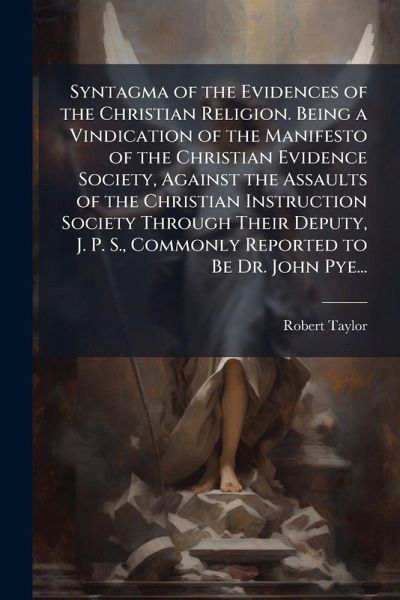
Syntagma of the Evidences of the Christian Religion. Being a Vindication of the Manifesto of the Christian Evidence Society, Against the Assaults of the Christian Instruction Society Through Their Deputy, J. P. S., Commonly Reported to Be Dr. John Pye...
Versandkostenfrei!
Versandfertig in über 4 Wochen
17,99 €
inkl. MwSt.
Weitere Ausgaben:

PAYBACK Punkte
9 °P sammeln!
"Syntagma of the Evidences of the Christian Religion" is a meticulously detailed defense of Christian doctrine, written in response to criticisms from within the Christian community itself. Robert Taylor's work stands as a testament to the intellectual ferment surrounding religious belief in the early 19th century. This volume presents a robust vindication of the Christian Evidence Society's manifesto against challenges mounted by the Christian Instruction Society, particularly those attributed to Dr. John Pye Smith. Taylor delves into the core tenets of Christian faith, dissecting arguments a...
"Syntagma of the Evidences of the Christian Religion" is a meticulously detailed defense of Christian doctrine, written in response to criticisms from within the Christian community itself. Robert Taylor's work stands as a testament to the intellectual ferment surrounding religious belief in the early 19th century. This volume presents a robust vindication of the Christian Evidence Society's manifesto against challenges mounted by the Christian Instruction Society, particularly those attributed to Dr. John Pye Smith. Taylor delves into the core tenets of Christian faith, dissecting arguments and fortifying his position with extensive reasoning and scriptural analysis. This book offers valuable insight into the historical debates that shaped modern Christian thought, making it an essential read for scholars of religious history, theology, and the history of ideas. It represents a fascinating snapshot of a pivotal era in the ongoing dialogue between faith and reason. This work has been selected by scholars as being culturally important, and is part of the knowledge base of civilization as we know it. This work was reproduced from the original artifact, and remains as true to the original work as possible. Therefore, you will see the original copyright references, library stamps (as most of these works have been housed in our most important libraries around the world), and other notations in the work. This work is in the public domain in the United States of America, and possibly other nations. Within the United States, you may freely copy and distribute this work, as no entity (individual or corporate) has a copyright on the body of the work. As a reproduction of a historical artifact, this work may contain missing or blurred pages, poor pictures, errant marks, etc. Scholars believe, and we concur, that this work is important enough to be preserved, reproduced, and made generally available to the public. We appreciate your support of the preservation process, and thank you for being an important part of keeping this knowledge alive and relevant.




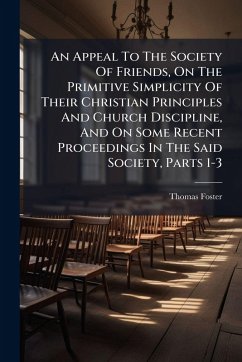
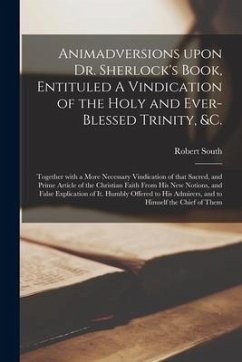

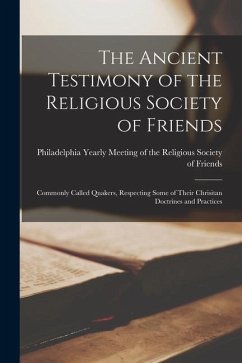
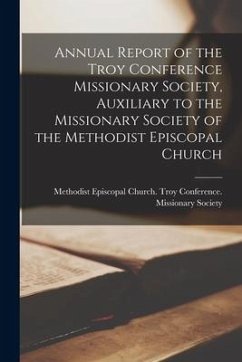



![Valedictory Admonitions, or, A Farewell Letter, Addressed to the American Presbyterian Society, of Montreal, L.C. [microform] Cover Valedictory Admonitions, or, A Farewell Letter, Addressed to the American Presbyterian Society, of Montreal, L.C. [microform]](https://bilder.buecher.de/produkte/65/65640/65640532n.jpg)